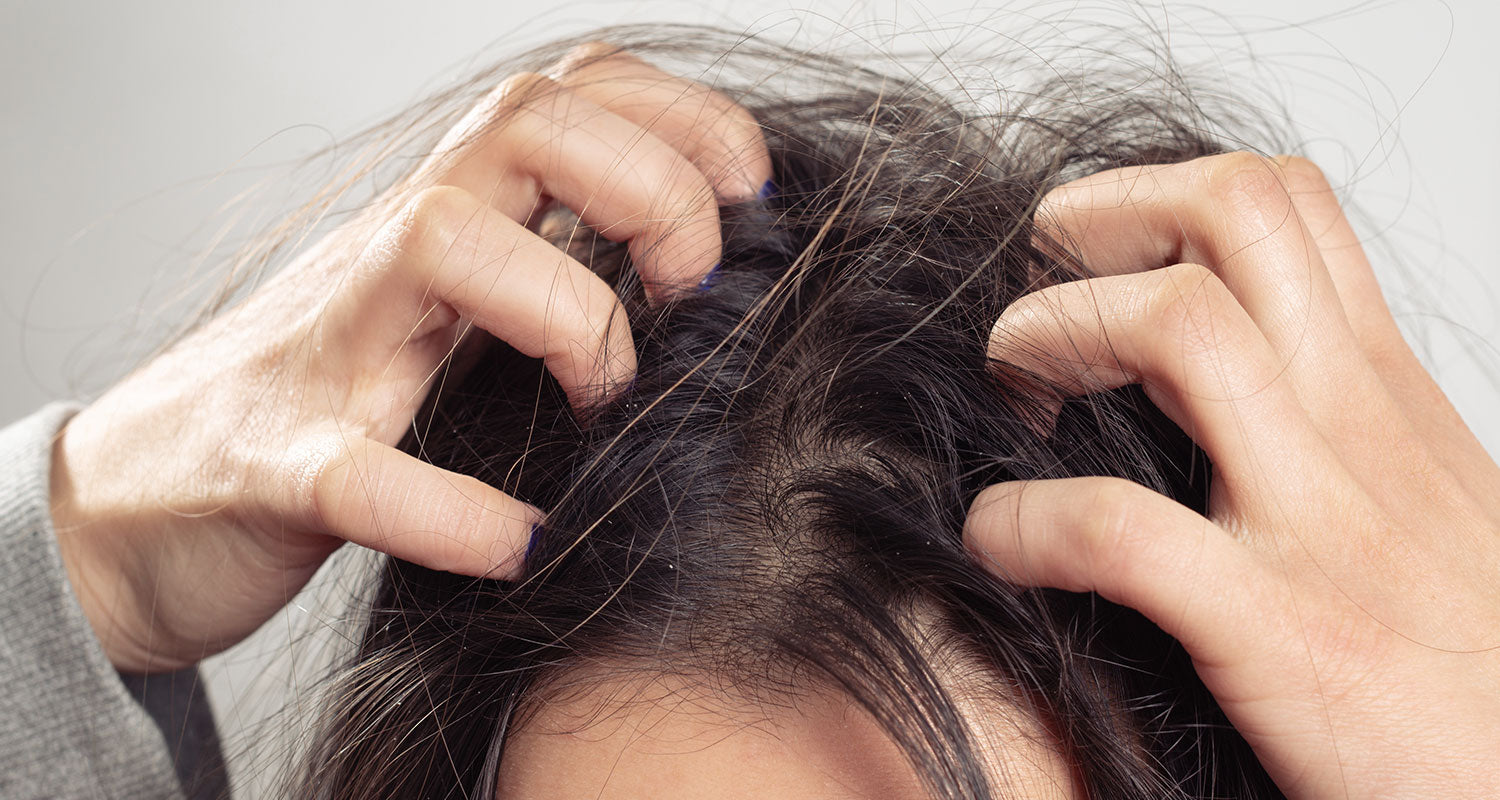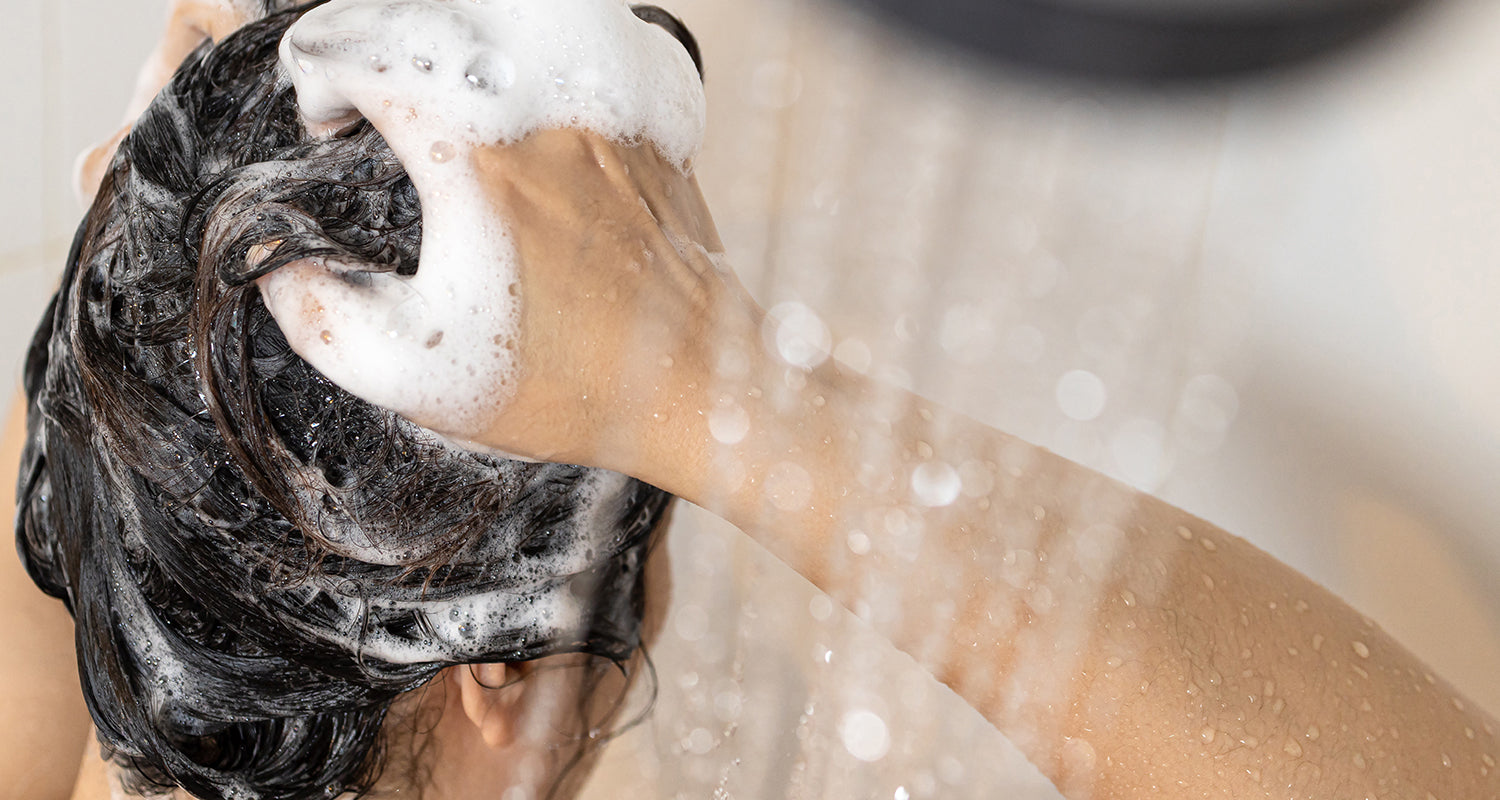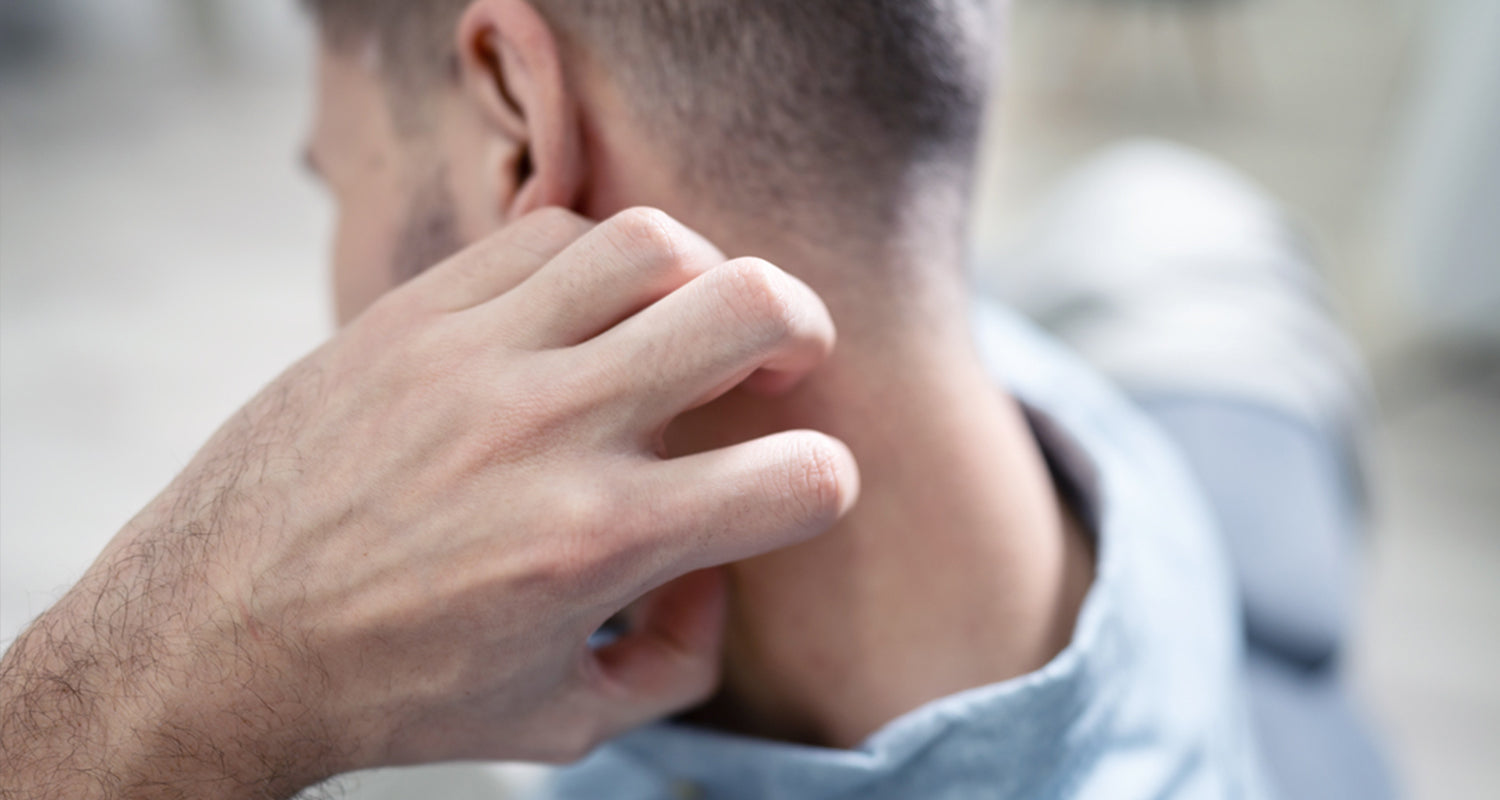Scalp psoriasis is one of the most frustrating and persistent skin conditions to deal with. For many people, the first question is simple: does it ever go away? The answer is a little more complicated than “yes” or “no.”
Fact: Approximately 2 in 100 people will suffer with psoriasis and it tends to develop in adults between 20 and 30 years of age or it can reveal itself later in life.
Psoriasis is a chronic, lifelong condition. While flare-ups may come and go, the underlying tendency of your immune system to trigger psoriasis doesn’t disappear. That said, many people experience periods of remission where symptoms ease or even vanish for months or years.
Below we’ll break down what remission means, why flare-ups happen, and how you can manage scalp psoriasis for the long term.
Can scalp psoriasis go away completely?
Currently, there is no permanent cure for scalp psoriasis. However, with the right treatment plan, some people experience clear skin for long stretches of time. Dermatologists call this remission.
- Short-term remission may last weeks or months.
- Long-term remission can last years, depending on how well triggers are managed.
- Flare-ups can return unexpectedly - often linked to stress, illness, skin injury, or weather changes.
So while psoriasis itself doesn’t “go away forever,” the symptoms can be effectively controlled and minimised.
Why does scalp psoriasis flare up?
Flare-ups are unpredictable, but there are some common triggers:
- Stress and anxiety - emotional stress is one of the strongest flare triggers.
- Cold, dry weather - winter dryness often worsens symptoms.
- Illness or infections - even mild colds can set off the immune system.
- Skin trauma - scratching, picking, or tight hairstyles can worsen patches.
- Certain medications - like beta-blockers or lithium.
- Diet and hormones - there is no specific research to support this, and indications are based on personal experiences.
Keeping a flare-up diary helps many people identify their personal triggers and reduce their frequency.
What does remission look like?
When in remission, symptoms may:
- Fade completely with no visible plaques.
- Reduce to mild itching or flaking.
- Require only minimal treatment (like gentle medicated shampoo).
The goal is not necessarily “cure” but to achieve long-term remission and keep scalp psoriasis from interfering with daily life.
How to get rid of scalp psoriasis symptoms
While you can’t cure scalp psoriasis outright, you can get rid of visible flakes, itching, and discomfort. Options include:
- Medicated shampoos (coal tar, salicylic acid, or steroid-based)
- Topical treatments (steroid creams, vitamin D analogs)
- Systemic medications (biologics or oral prescriptions, for severe cases)
- Lifestyle support (stress reduction, healthy diet, avoiding harsh products)
- Moisturising and gentle scalp care to prevent cracking or irritation
- Avoidance strategy to remove known irritants from your regimen through a mild shampoo in between medicated shampoos. options include.
- Olsson Scandinavia® Sensitive Shampoo (Allergy UK Recommended)
- STUHR® Mild Shampoo (Asthma Allergy Nordic Recommended)
For a full breakdown of treatments, see our scalp psoriasis treatment guide - where we cover both medical and at-home solutions.
Key takeaways and FAQs
- Scalp psoriasis is chronic, meaning it doesn’t fully go away.
- Remission is possible with the right treatment plan, sometimes lasting years.
- Flare-ups are triggered by stress, cold weather, illness, and skin irritation.
- Managing triggers + consistent treatment offers the best path to long-term relief.
Q: Can scalp psoriasis go away on its own?
A: Rarely. Most people need consistent treatment to achieve remission.
Q: How long can remission last?
A: It varies - some experience weeks or months, others years, depending on treatment and lifestyle.
Q: What’s the best way to stop a flare-up?
A: Identify triggers early, use medicated shampoos promptly, and talk to a dermatologist about maintenance therapy.


